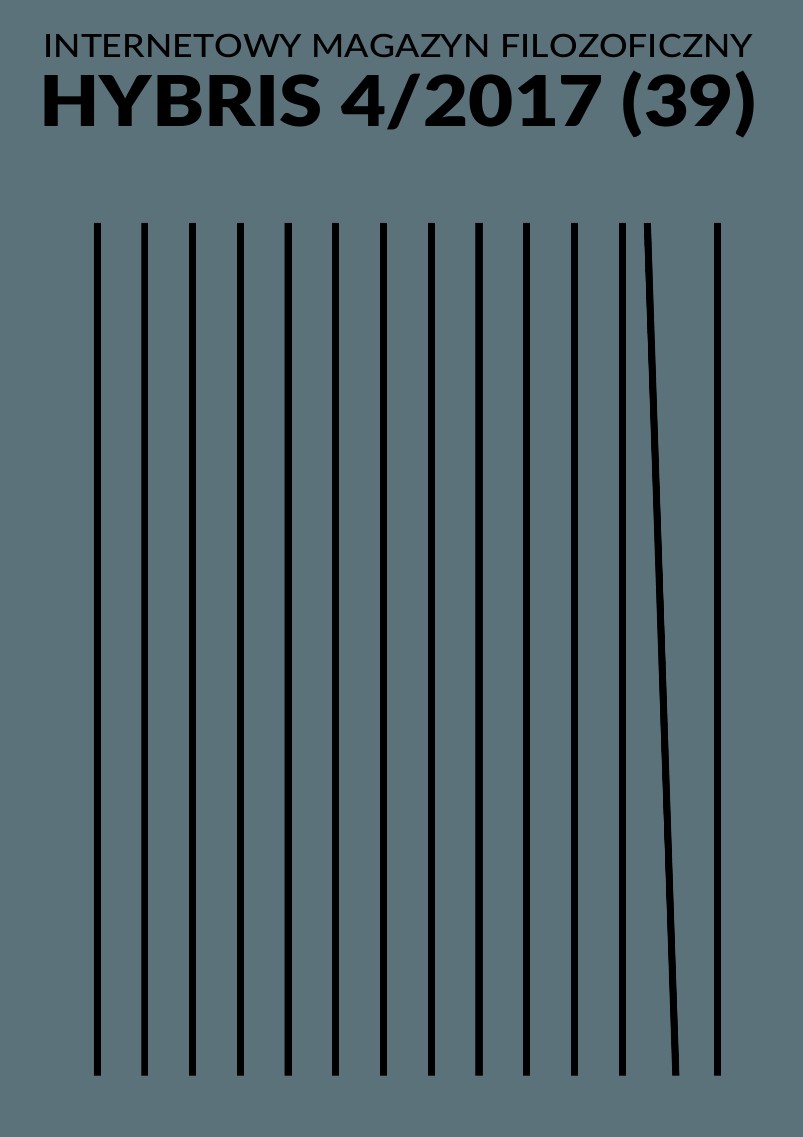Cognitive theory of metaphor and Jerzy Wróblewski’s concept of legal interpretation
DOI:
https://doi.org/10.18778/1689-4286.39.04Keywords:
conceptual metaphor, Jerzy Wróblewski, legal interpretation, functional interpretation, Lakoff and JohnsonAbstract
Jerzy Wróblewski is one of the most prominent and influential legal theorists in Poland. His theory of legal interpretation containing a division into linguistic, systemic and functional dimension is highly regarded by Polish legal community. However, when formulating the theory Wróblewski was aware that his theory lacks some elements. In his work he points out that despite three dimensions the result of the interpretation is still unpredictable. For instance, interpreter’s personality might be additional factor influencing legal interpretation process. In this context, Wróblewski compares the lawmaker to a composer and a subject making legal interpretation to a musician performing a piece of music. Wróblewski emphasizes the importance of such factors. However, an interpreter should disregard additional factors in the process of legal interpretation.
At the time, when Wróblewski formulated his theory, the cognitive science was not developed yet. Nowadays, Lakoff Johnson’s idea of conceptual metaphors is widely known and might be one of the missing elements Wróblewski had in mind.
This paper will examine such possibility and its consequences. Firstly Wróblewski’s theory of legal interpretation will be presented. Next, I will move to a brief description of Lakoff-Johnson theory. Then, it will be discussed if such approach is possible in terms of Wróblewski’s theory. Finally, the necessary modification of legal interpretation theory will be analyzed. In this part, the key question is whether the metaphorical aspect is a new dimenson of legal interpretation.
References
Ajdukiewicz, Kazimierz. 1934. “Obraz Świata I Aparatura Pojęciowa.” In Język I Poznanie, 1:175–95. Warszawa 1985: Państwowe Wydawnictwo Naukowe.
View in Google Scholar
Holocher, Justyna. 2009. Kontekst Odkrycia I Kontekst Uzasadnienia W Świetle Topicznej Koncepcji Prawa, Studia Prawno-Ekonomiczne, LXXX: 9–29.
View in Google Scholar
Lakoff, George, and Mark Johnson. 2003. Metaphors We Live By. 2nd edition. Chicago: University Of Chicago Press.
View in Google Scholar
DOI: https://doi.org/10.7208/chicago/9780226470993.001.0001
Lessig, Lawrence. 2005. Free Culture: The Nature and Future of Creativity. Reprint edition. New York: Penguin Books.
View in Google Scholar
Reyman, Jessica. 2012. The Rhetoric of Intellectual Property: Copyright Law and the Regulation of Digital Culture. 1 edition. Place of publication not identified: Routledge.
View in Google Scholar
Rybarkiewicz, Dorota. 2015. “Rozumowanie metaforyczne, czyli ‘metaforą po oczach,’” Folia Iuridica, , no. 75: 207–25.
View in Google Scholar
DOI: https://doi.org/10.18778/0208-6069.75.14
Wróblewski, Jerzy. 1959. Zagadnienia teorii wykładni prawa ludowego. Warszawa: Wydawnictwo Prawnicze.
View in Google Scholar
Wroblewski, Jerzy. 1969. “Legal Reasoning in Legal Interpretation.” Logique et Analyse 12 (45): 3–31.
View in Google Scholar
Zirk-Sadowski, Marek, and Maciej Zieliński. 2011. “Klaryfikacyjność I Derywacyjność W Integrowaniu Polskich Teorii Wykładni Prawa,” Ruch Prawny, Ekonomiczny i Socjologiczny, no. 2: 99–111.
View in Google Scholar
Downloads
Published
How to Cite
Issue
Section
License

This work is licensed under a Creative Commons Attribution-NonCommercial-NoDerivatives 4.0 International License.
Funding data
-
Narodowe Centrum Nauki
Grant numbers DEC-2013/09/B/HS5/02529






